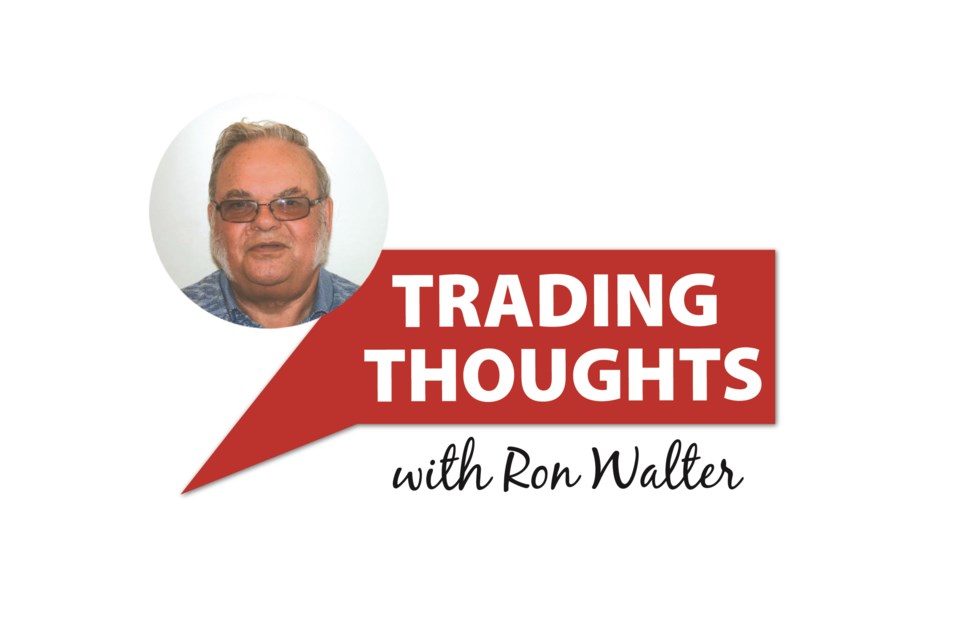By now most of those with special interests in the federal budget have caught the ear of media to complain, or in rare instances, praise that 416 page document.
The media has contacted everyone from former finance ministers and business organizations to Indigenous groups for comment.
Clearly this budget was calculated to extract maximum mileage from a near empty tank.
The tank remains nearly empty from pressures to not grow the $40 billion deficit but do something about affordability.
Finance Minister Chrystia Freeland did not increase the deficit and plans to cut it to $20 billion in five years.
Circumstances – global war, oil price changes, lower economic growth among others — can kill chances of deficit reduction.
Private forecasts call for .7 per cent growth this year and 2.1 per cent next year.
Anemic as that growth is any number of events can shift to slower growth.
Assumptions on interest rates put them from 4.8 per cent to 3.1 by 2025. No guarantees exist that rates will be that low.
The budget rests on many assumptions, the main one believing in a better economy.
Some comments have claimed spending in this budget will cause more inflation. The Bank of Canada forecast has accounted for extra spending.
High interest rates and the deficit push interest charges to $54.1 billion this year and $66.3 billion by 2028. One of every $10 dollars the feds collect pays interest.
Among all of the complaints about the budget, few media have talked to organizations representing the most benefits – people receiving housing assistance, pharmacare for seniors, contraceptive care, and school lunches.
Voters want the programs and governments implement them to get re-elected. All the provinces use the same practice.
The main tax measure, the 66.2/3 per cent capital gains tax rate on gains over $250,000 has been criticized for the potential to drive investment away from Canada.
The Liberals bet the outcome’s impact won't be that bad. Time will tell.
The capital gains tax is supposed to impact .13 per cent of taxpayers averaging $1.4 million income and 13 per cent of corporations.
The lifetime capital gains exemption has been lifted to $1.25 million from $1 million.
Unintended, or intended, consequences, will catch some individual property owners and farmers with extra capital gains. A farmer selling $1,000 acres at the going rate of $3,000 an acre who bought the land for $1,000 an acre has a $2 million gain with $750,000 attracting the higher rate.
The capital gains rate changes taxes in Saskatchewan from 23.17 per cent to 31.67 for the gains.
Some of the budget measures may never come to pass if provinces don’t co-operate, or a new government is elected in 2025 and ignores them or refuses to proceed.
The whole tax mess would be much simpler if a flat tax, say 18 per cent, was levied on all incomes.
No government will do that because it eliminates the capacity to play with tax rates to lure voters or encourage certain activities.
Ron Walter can be reached at [email protected]
The views and opinions expressed in this article are those of the author, and do not necessarily reflect the position of this publication.




